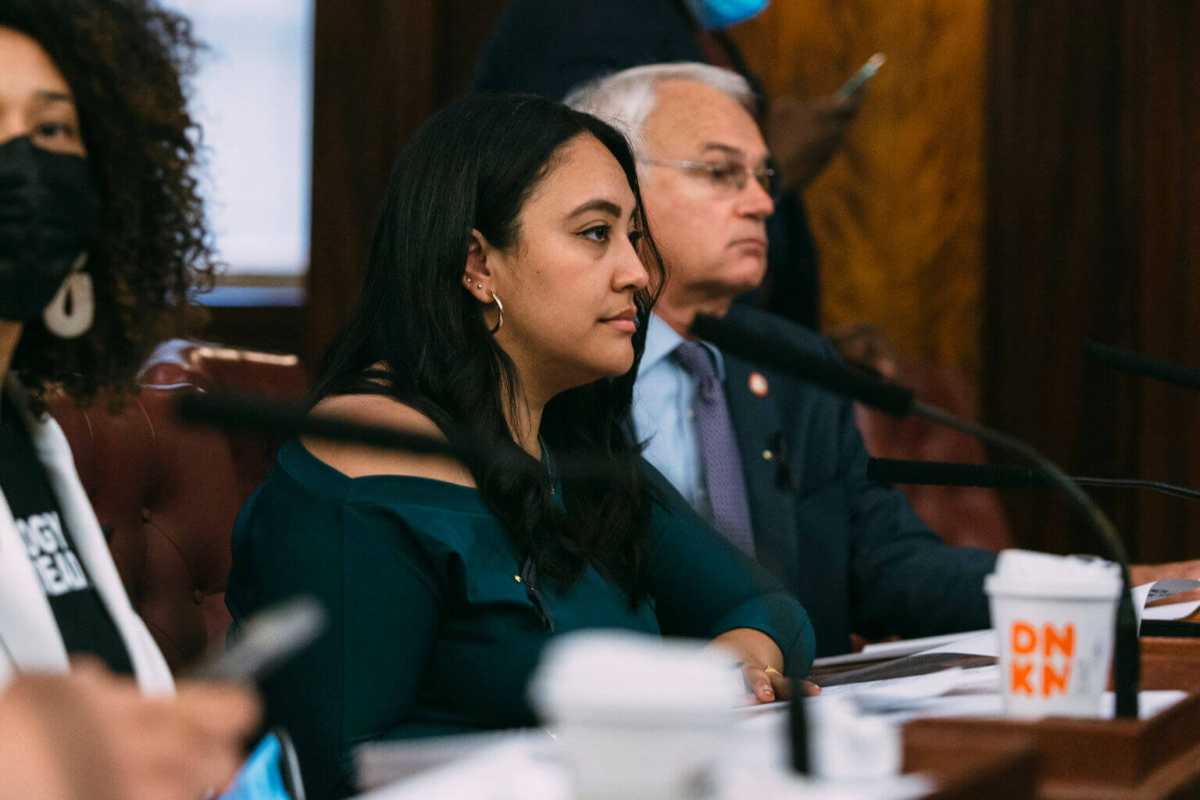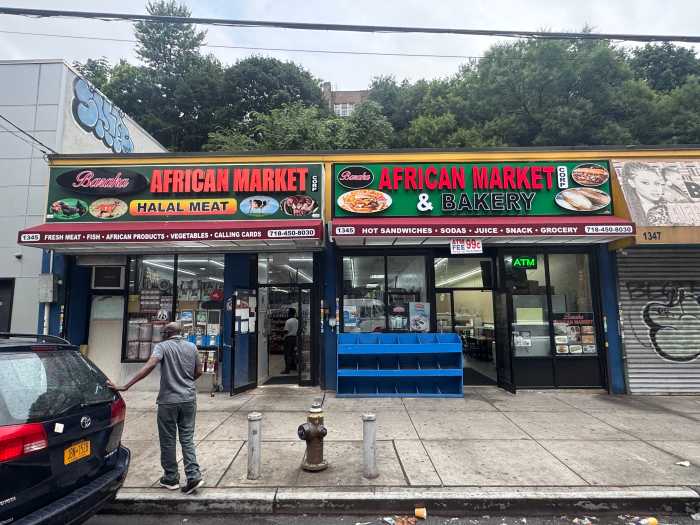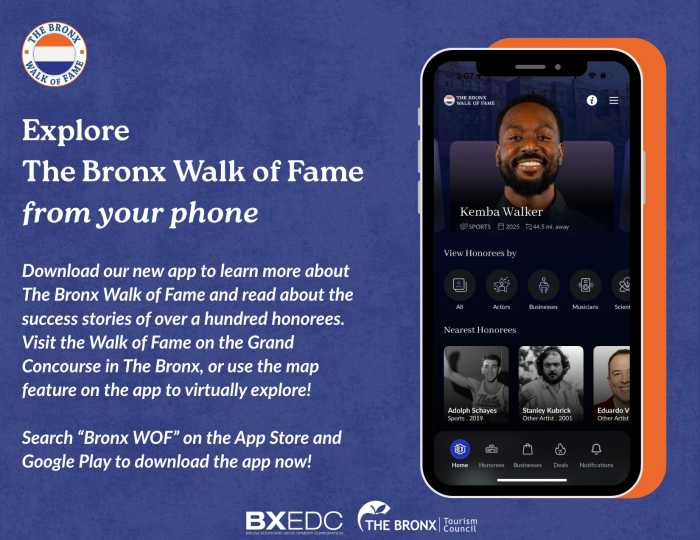We’ve all heard some warnings about this bill. As your council member, it’s my job to not only read, examine, and vote on legislation, it is also my duty to explain them to my neighbors. Introduction 586, also referred to as “How Many Stops Act,” is about keeping New Yorkers safer and solving crimes faster. The council’s legislation that was recently passed will require increased reporting for level 1 and 2 interactions. This extra step is necessary to ensure profiles are built better from the start, that our precincts are as efficient as possible, and that we’re complying with the Federal Monitor when it comes to righting the wrongs of stop and frisk.
Many of us in the Bronx, and in District 18 specifically, have personal and positive relationships with our local officers at the 43rd and 45th Precincts, who work with us in the community everyday. However, this is not the case for all New Yorkers.
In 2013, the United States District Court for the Southern District of New York found that the policies and practices of the NYPD relating to stop, question, and frisk were unconstitutional. Since then, a Federal Monitor has been in place to report on the NYPD’s progress on implementing the court-ordered reforms made in 2013, releasing several reports since then.
In June 2023 they published an audit of the NYPD’s initiated Neighborhood Safety Teams (NSTs) where they stated that the results were “disappointing.” They continued to describe that, “despite training and experience, NST officers overall appear to be stopping, frisking, and searching individuals at an unsatisfactory level of compliance. Too many people are stopped, frisked, and searched unlawfully … Although policies and training are in place to address these issues, without accountability in the field and at all levels within the department, the level of compliance will not improve.” Based on the monitor, more than 97% of the stops by NSTs were to Black or Hispanic New Yorkers and NSTs only had reasonable suspicion for 73% of the frisks assessed and had a legal basis for only 63% of the searches assessed.
We can do better.
Contrary to disinformation, Introduction 586 isn’t about capturing officers’ casual interactions. In fact, these types of interactions are specifically carved out of the legislation. This legislation is about ensuring we have a uniform standard of reporting on level 1, 2, 3 investigative stops, and replacing the current inconsistency that has contributed to severe underreporting and data gaps, which disproportionately target Black and Latino New Yorkers in communities like ours in District 18.
This is not an “all officers” assumption of abuse of authority, but we’ll never get to the bottom of this issue and be able to apply equal justice under the law without clear reporting requirements. The mayor’s administration, the NYPD, the city council and the public advocate went through extensive negotiations on this legislation. As a city, we took into consideration and incorporated nearly all the changes the NYPD offered, including additional reporting requirements. While there has been a lot of misinformation on what this legislation includes, I hope that I have made my support of this bill clear.
The city council is taking important measures to ensure our police department is functioning within compliance of the constitution, communication to local government, and with the purpose of true community safety. The transparency this legislation would bring to the city, and not just in the hands of the Federal Monitor, is not a hindrance to our safety, but is rather an essential part of keeping us all safe for years to come.
I hear consistently from New Yorkers in all five boroughs who want both good police officers as well as strenuous and objective oversight. I truly believe this bill satisfies both of those requirements. I am a proud sponsor of this good governance legislation and will be voting to overturn the mayor’s recent veto.
For more coverage, follow us on Twitter, Facebook and Instagram @bronxtimes





















